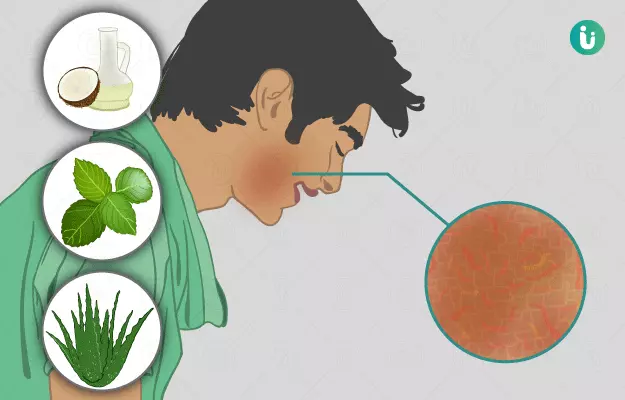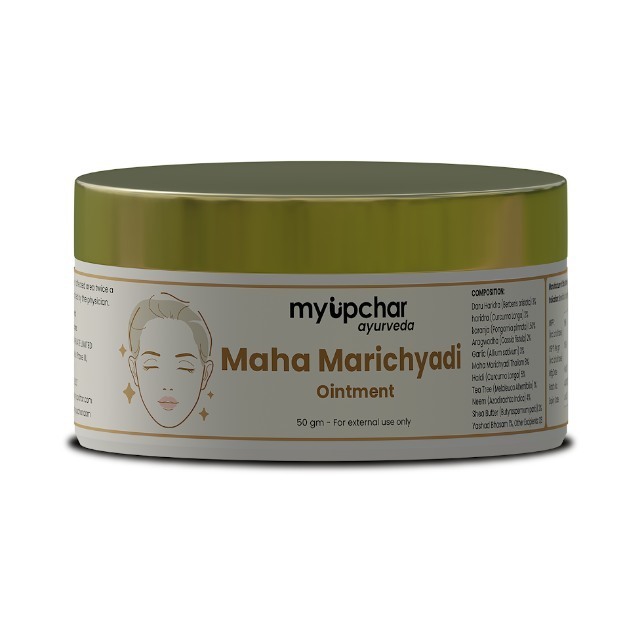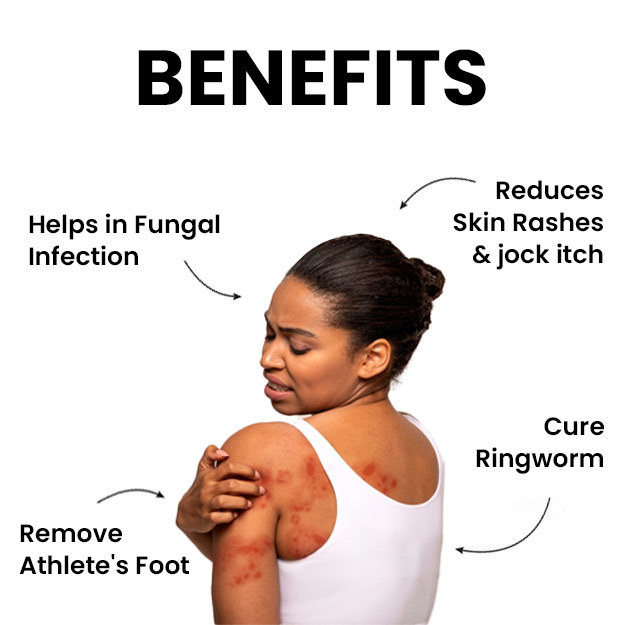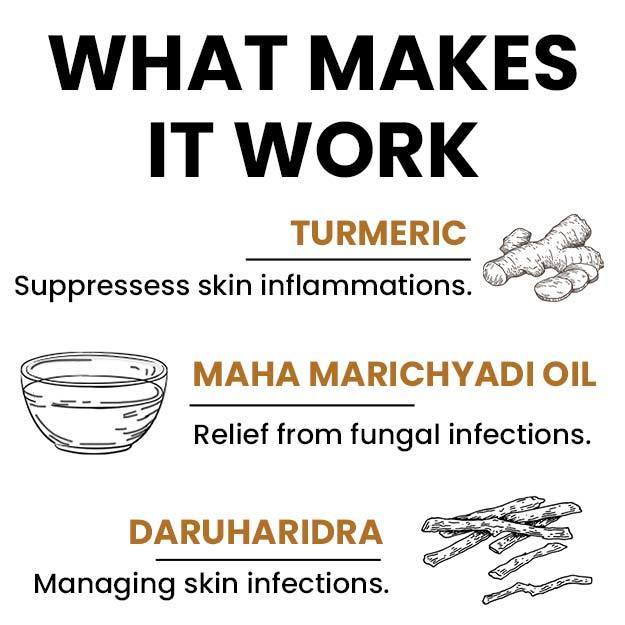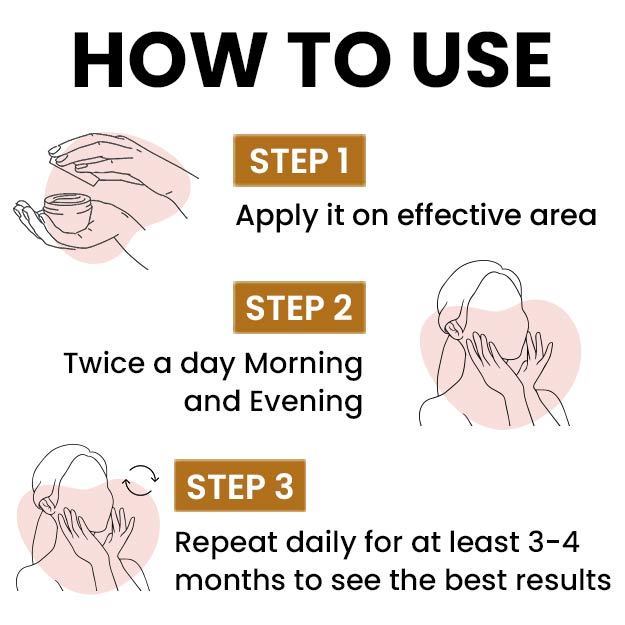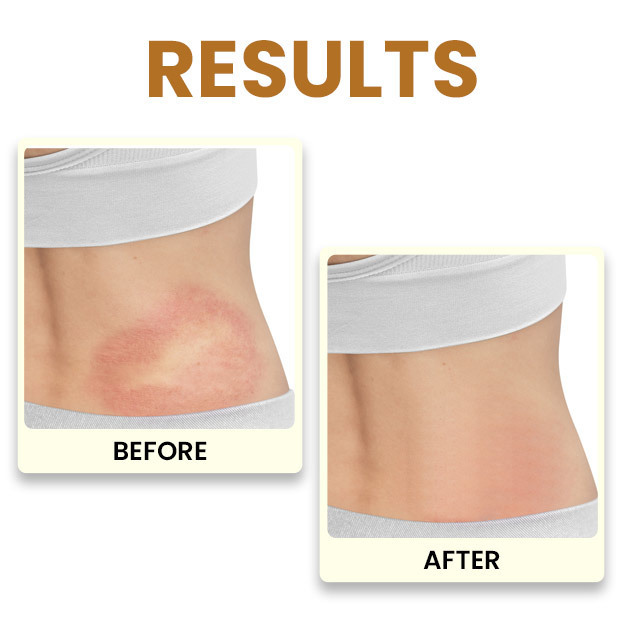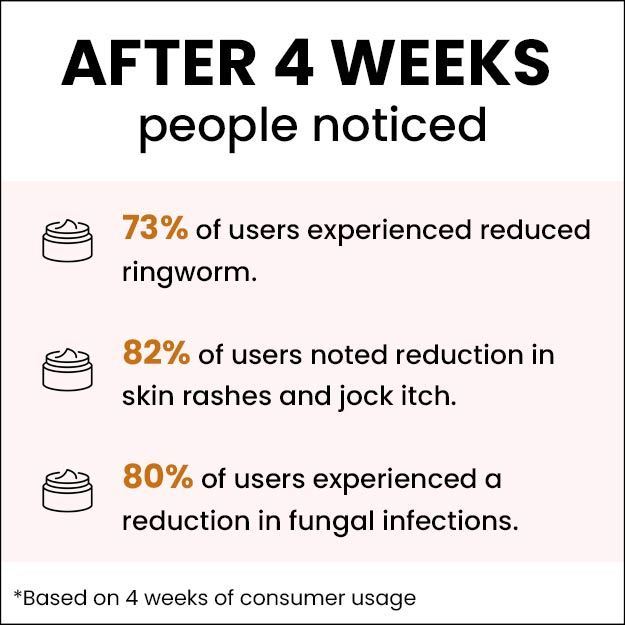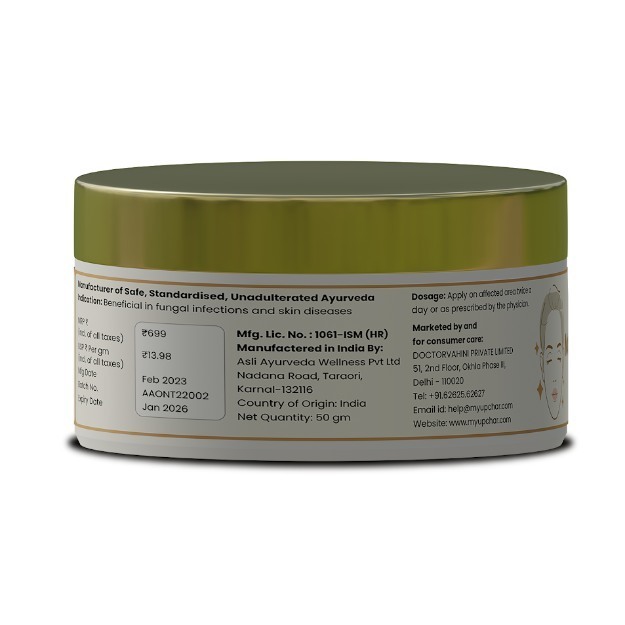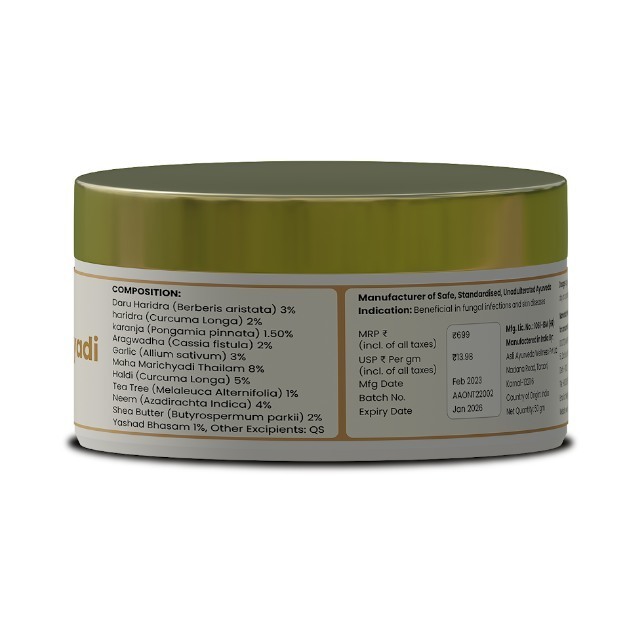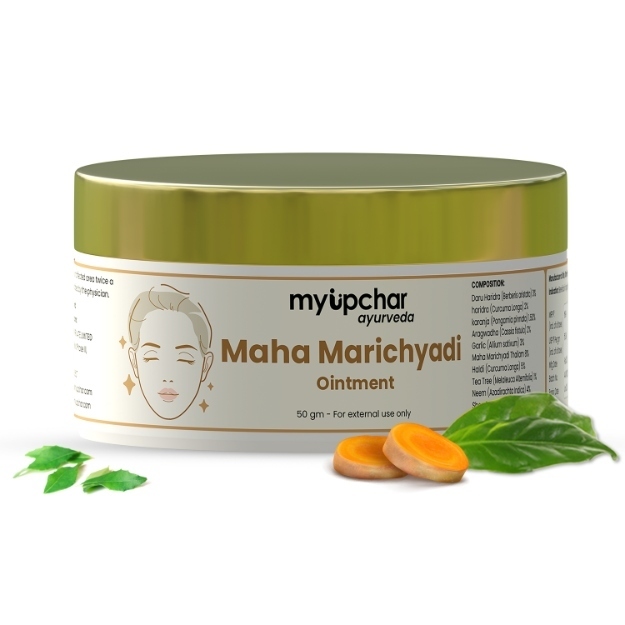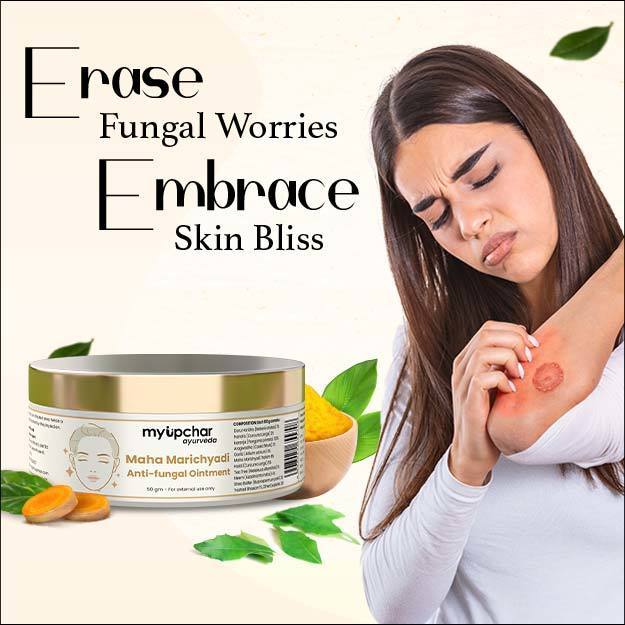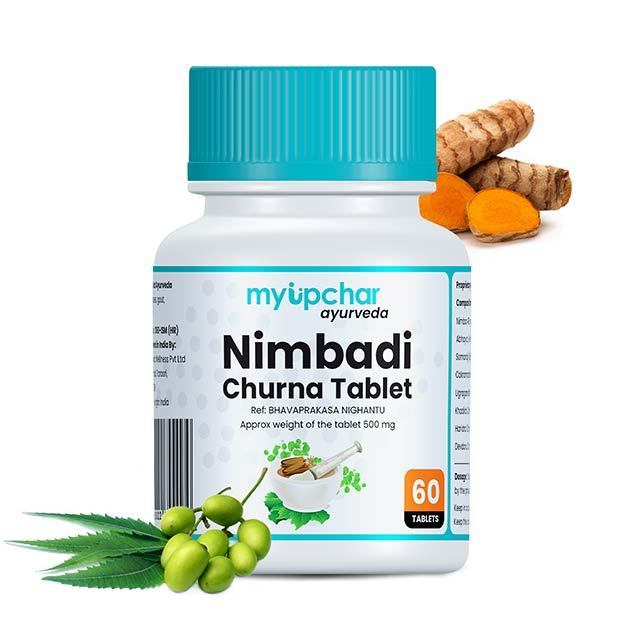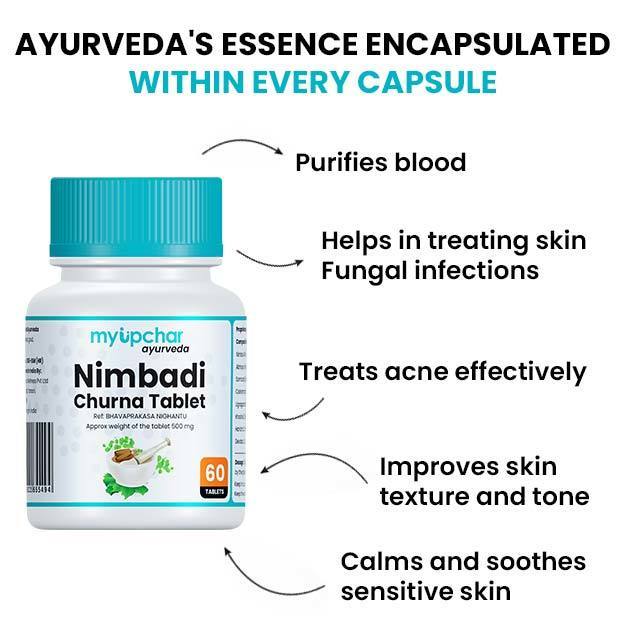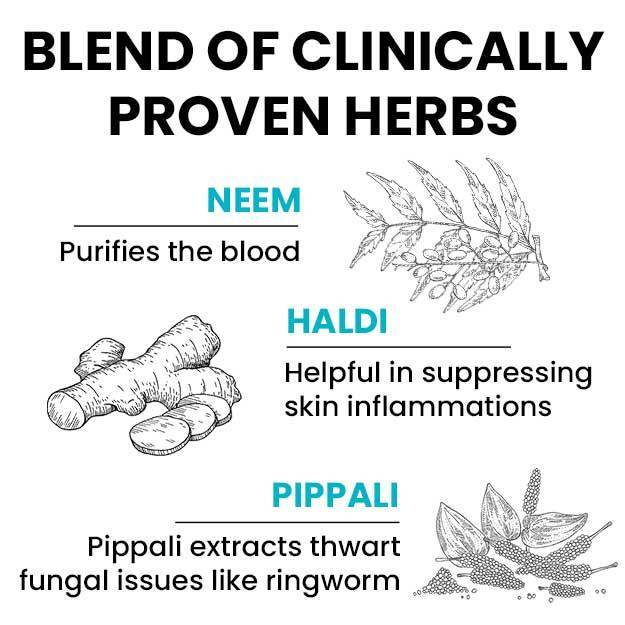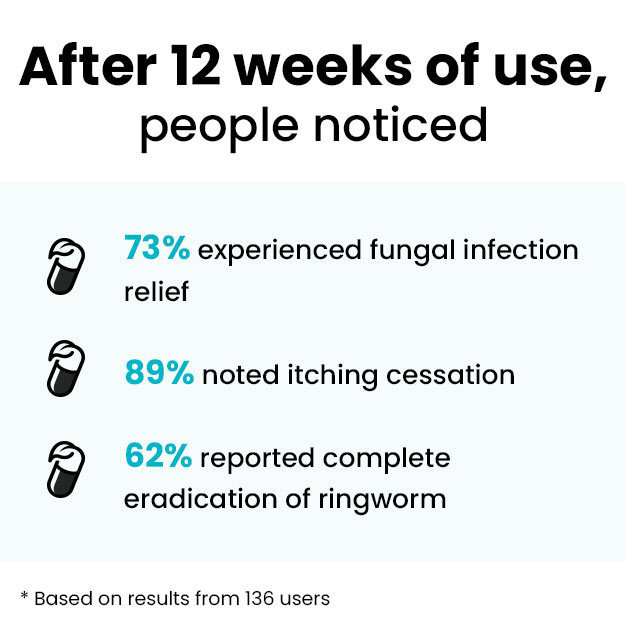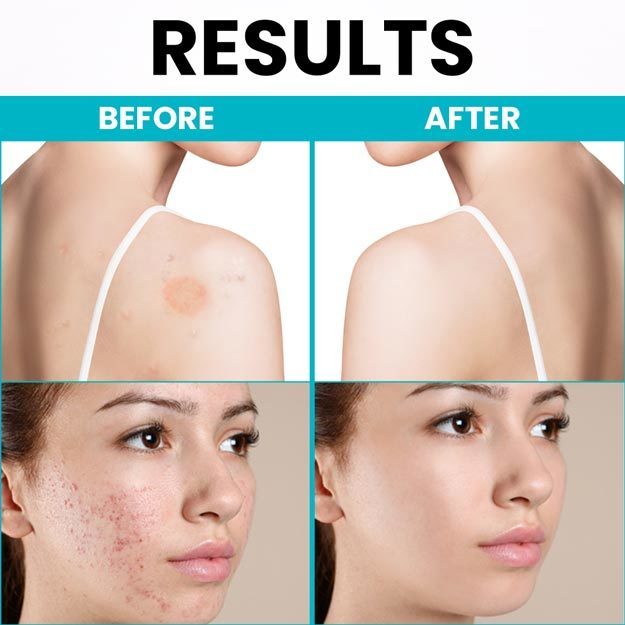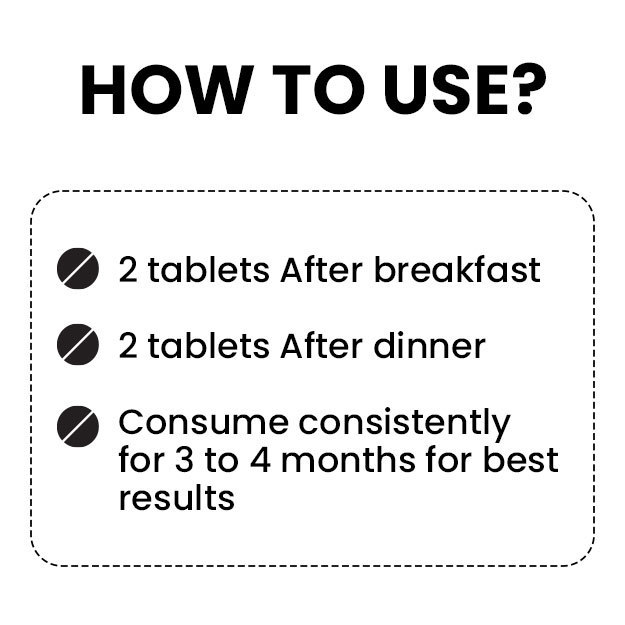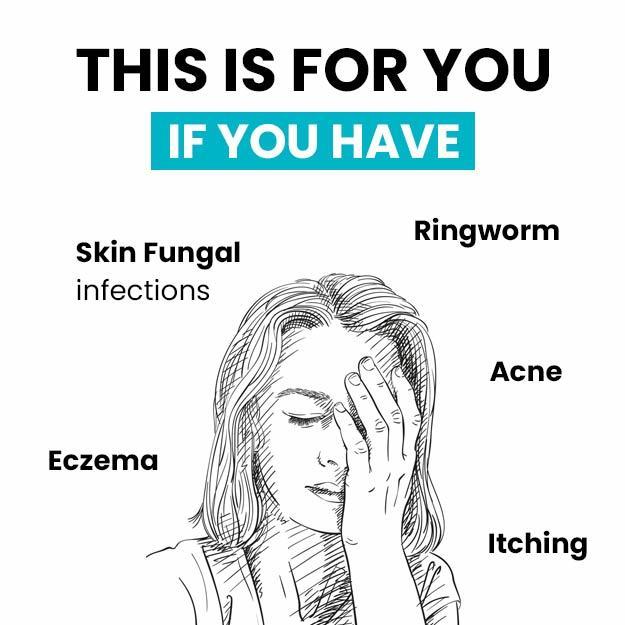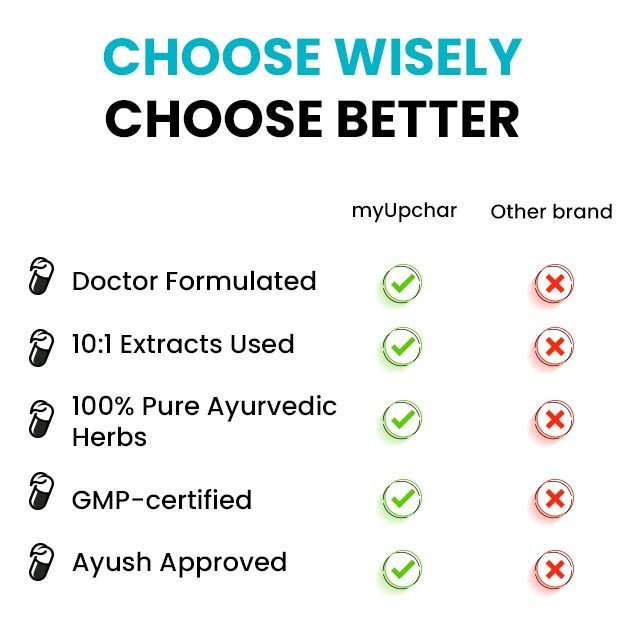Eczema can be really frustrating to live with. The dry and itchy skin patches often make it impossible to have a good night’s sleep, let alone be productive at work.
If you have been diagnosed with this condition, it might come as a great relief that eczema symptoms can be relieved at home using some simple ingredients and remedies.
But first, you should be aware of few things about eczema.
Eczema is not a single disease, it is a group of disorders, which may be genetic in nature or occur due to an allergic response to foreign substances such as sunlight, soaps, cosmetics, fabrics and foods. According to the World Allergy Organisation (WAO), eczema affects 15% to 20% of school children worldwide and 2% to 5% of adults. In fact, more often than not eczema symptoms first manifest in childhood.
Another important point to be noted here is that eczema is not contagious, this means that it does not spread with touch. But it’s trigger may vary from person to person.
So, the first step towards the management of this condition would be to find out the triggers. Once you know its triggers you can easily get rid of the discomfort by avoiding them and then use home remedies to reduce itching on existing skin patches.

